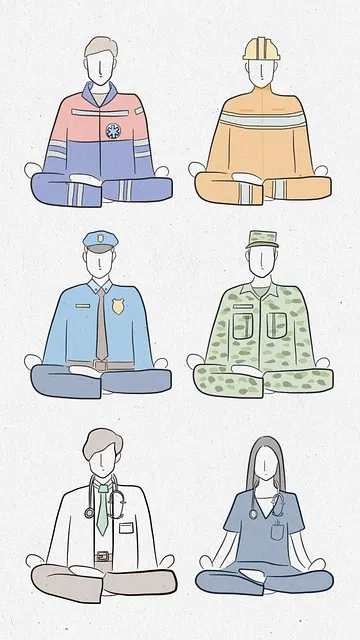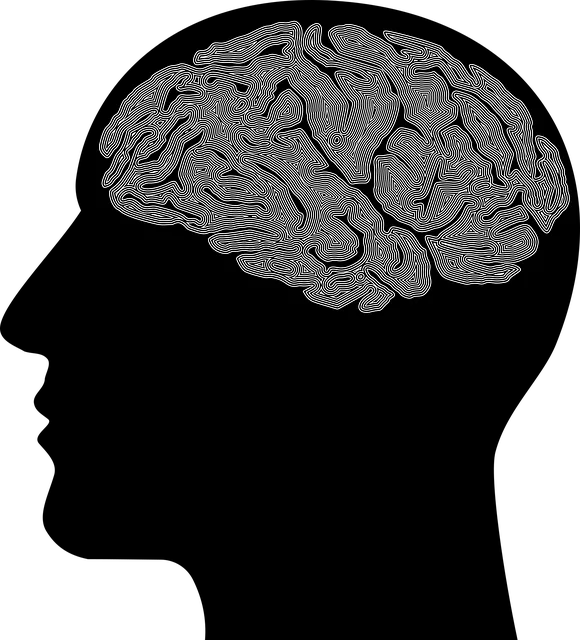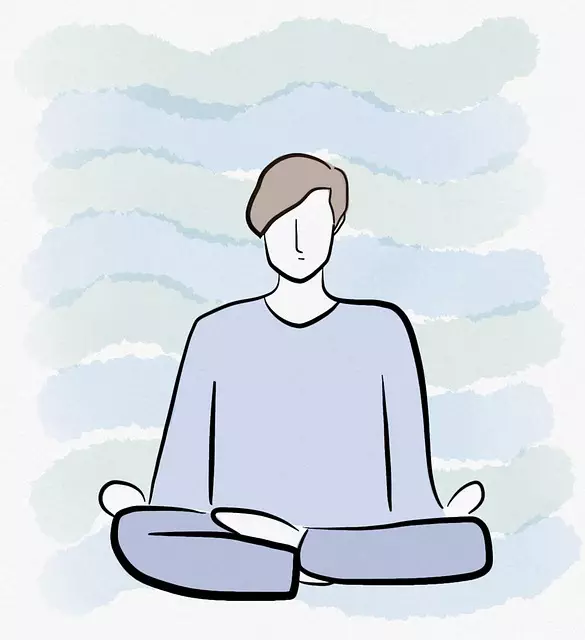Mental wellness group facilitation at Lone Tree Kaiser Permanente behavioral health centers provides a community-driven approach to support individuals' mental health journeys. Facilitators create safe spaces, establish ground rules, and use interactive activities to encourage open communication and emotional expression. They teach emotional regulation techniques like mindfulness practices and integrate public awareness campaigns to reduce stigma. Success is measured through multifaceted approaches, including tracking self-care progress and regular check-ins, fostering a supportive community that empowers individuals with resilience and enhanced well-being.
Mental wellness group facilitation plays a pivotal role in fostering community and support for individuals navigating mental health challenges. This article delves into the art of guiding such groups, focusing on techniques that enhance engagement and participation. We explore best practices inspired by Lone Tree Kaiser Permanente Behavioral Health’s innovative approach, where specialized facilitators create safe spaces, encouraging open dialogue and personal growth. By examining their unique strategies, we aim to empower professionals and enthusiasts alike in improving mental wellness outcomes.
- Understanding Mental Wellness Group Facilitation
- Techniques to Enhance Group Engagement
- Measuring Success and Support at Lone Tree Kaiser Permanente Behavioral Health
Understanding Mental Wellness Group Facilitation

Mental wellness group facilitation is a specialized skill that involves guiding and supporting individuals through collective healing and growth experiences. It’s more than just moderating a discussion; it’s about creating a safe, inclusive space where participants can explore their mental health journeys together. Facilitators play a pivotal role in fostering open communication, encouraging emotional expression, and promoting understanding among group members.
By embracing techniques that enhance Mental Health Awareness, Mood Management, and Emotional Regulation, facilitators can transform these groups into powerful tools for recovery and resilience. Just as Lone Tree Kaiser Permanente behavioral health number serves as a vital resource for individuals seeking specialized care, mental wellness group facilitation offers a community-driven approach to navigate challenges and cultivate well-being.
Techniques to Enhance Group Engagement

Group facilitation for mental wellness requires engaging techniques to foster a supportive environment where participants feel comfortable expressing their thoughts and experiences. One effective strategy is to create a safe space through ground rules that emphasize respect, confidentiality, and active listening. This establishes trust, encouraging vulnerability and open dialogue. Incorporating interactive activities tailored to different learning styles—such as discussions, role-playing scenarios, or creative exercises—enhances engagement and makes sessions more dynamic.
Additionally, facilitators can boost Emotional Regulation by teaching mindfulness practices, such as deep breathing exercises or guided meditations, which help individuals manage stress and process emotions effectively. Public Awareness Campaigns Development around specific mental health topics can also be integrated into these activities, promoting education and reducing stigma. Encouraging peer support and sharing of personal experiences within the group further cultivates a sense of community, fostering Confidence Boosting among members as they learn from and uplift one another.
Measuring Success and Support at Lone Tree Kaiser Permanente Behavioral Health

Measuring success and support at Lone Tree Kaiser Permanente Behavioral Health involves a multifaceted approach tailored to individual needs. Facilitators employ various techniques, such as tracking progress through self-care practices, assessing improvements in mind over matter principles, and boosting confidence levels among participants. These strategies not only help individuals achieve their mental wellness goals but also ensure ongoing support within the group setting.
The program’s effectiveness is gauged by regular check-ins, where members share their experiences and challenges. This open dialogue fosters a sense of community, encouraging accountability and personalized guidance. By integrating self-care practices into daily routines and strengthening mind over matter principles, participants gain resilience and enhanced well-being. Lone Tree Kaiser Permanente Behavioral Health’s commitment to these strategies ensures that individuals leave the program with tangible tools for maintaining mental wellness in the long term.
Mental wellness group facilitation plays a pivotal role in supporting individuals within healthcare settings, as demonstrated by Lone Tree Kaiser Permanente Behavioral Health’s successful implementation. By employing techniques that foster engagement and create a safe space, facilitators can enhance the therapeutic experience for participants. Measuring success through various metrics ensures that services are tailored to meet the unique needs of each individual, ultimately contributing to improved mental health outcomes in the community.






